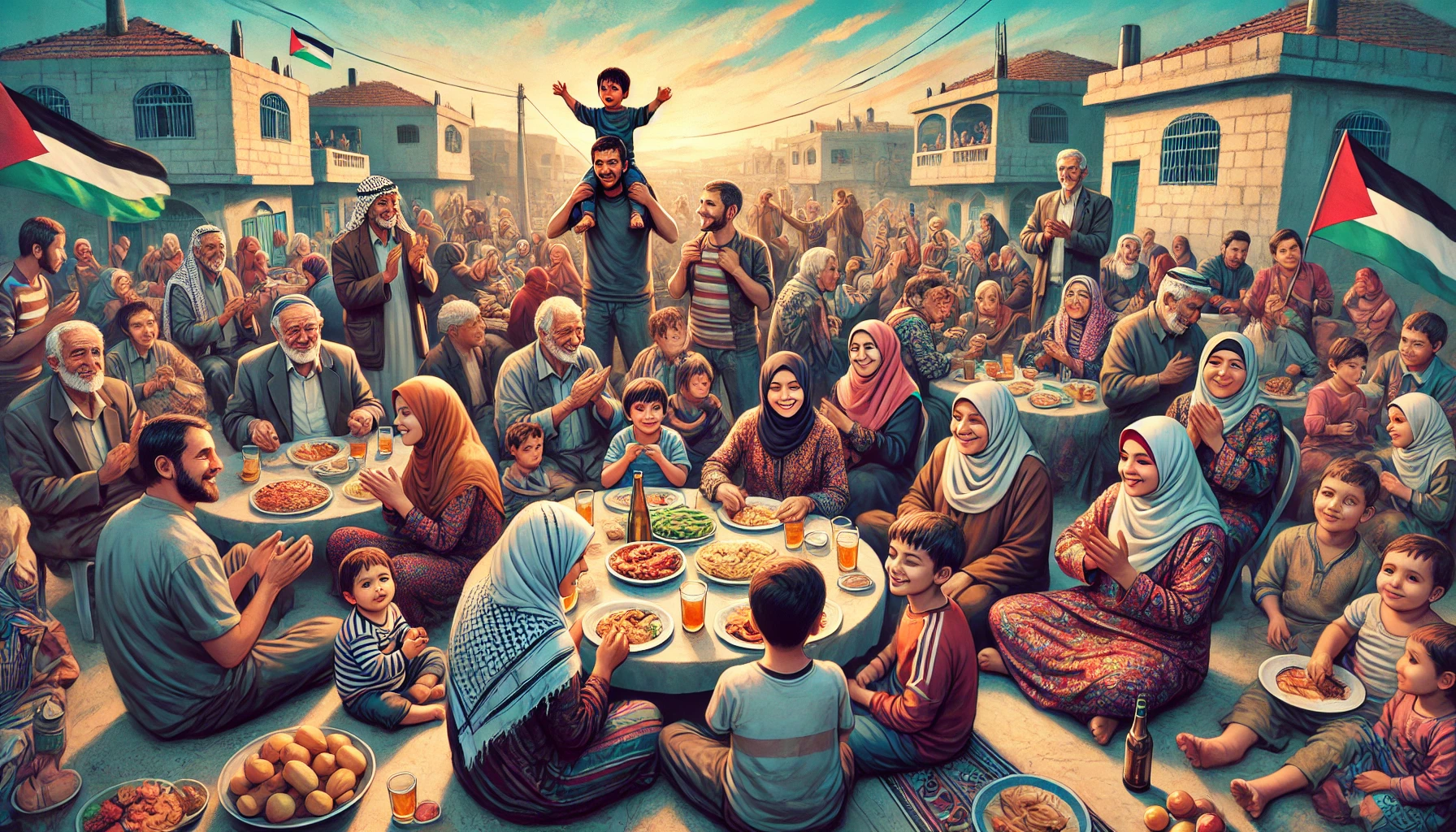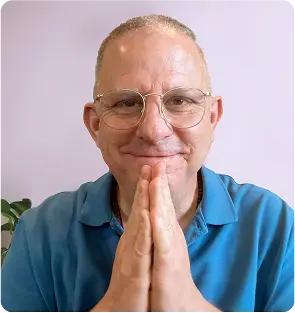
A Call for Unity, Light, and Compassion: Reflections on Israel and Palestine
As someone who has spent years peering into the complex, often painful history between Israel and Palestine, I know that each layer of this ancient conflict echoes with heartbreak. There is a deep, reverberating wound that stretches across generations and borders, permeating the soil, the air, and the hearts of those caught in its grasp. And yet, in the face of such anguish, I believe in the potential for love, healing, and forgiveness to transcend even the darkest histories.
For decades, the United States has been Israel’s steadfast ally, often acting as a shield against global support for Palestinian statehood. This alliance, though steeped in politics, has meant that the dreams of a Palestinian homeland have been deferred time and again. It’s a tragic echo of the Trail of Tears—a modern exile that has scarred generations, uprooting families, and displacing entire communities. The Nakba, or “catastrophe,” saw over 700,000 Palestinians displaced in 1948, many of whom have yet to return to the lands their ancestors once called home.
But when we look at history, we find an unspoken call for compassion in these struggles, an appeal to recognize and honor the humanity of all people. If only those involved could see past the walls of resentment and separation, what powerful stories of redemption, resilience, and healing might be written! I, too, have watched the human cost mount in this conflict: lives cut short, homes turned to rubble, futures stolen. And my heart aches, not just for the loss but for the opportunity squandered to transform that pain into a foundation for peace.
In Hollywood, a world fueled by power and influence, I witnessed the darker undercurrents of geopolitics firsthand. Behind closed doors, among industry titans and decision-makers, I heard discussions about Gaza—“solutions” and “strategies” that, in truth, amounted to plans for economic strangulation. It was wealth-hoarding at its most insidious, masked as strategy, blind to the real human suffering in Gaza. When I spoke out, my objections were met with laughter—dismissed by those who couldn’t see, or simply didn’t care, that their detached games were injuring real, vulnerable lives. I left these meetings feeling a heaviness for those caught in the crosshairs of greed and indifference, those to whom these boardroom maneuvers were more than just talk—they were life and death.
And yet, despite these harsh realities, I find that my heart still carries a love for Israel. There’s an undeniable beauty in the nation’s landscapes, the vibrancy of its cities, and the warmth of its people. But even in the midst of this admiration, I sense an unsettling ideology—one that, when twisted, becomes dangerously reminiscent of the domination that Israel’s own people once suffered. Zionism, in its essence, is not about exclusion; it’s about creating a safe space for those who have been oppressed. But when that safety morphs into supremacy, when survival justifies harm, it begins to mirror the dark energies that once sought to subjugate.
How tragic it is that sometimes, those who have known oppression can begin to cast the same shadows they once fled. It’s an ancient story, a recurring theme in human history. The desire to protect can turn into the need to control. The impulse to defend can lead to walls built higher and hearts hardened further. This is not unique to Israel or Palestine—it is a part of the human journey, a lesson we seem doomed to repeat until we can finally transcend it.
But this is where my hope takes root: I believe in a different future. I see within Israel the potential for a transformation that goes beyond politics, beyond borders. What if Israel could be a beacon of light, a leader in compassion rather than conflict, a nation that chooses to embrace Palestine not as an adversary, but as a neighbor in need of healing? What if, instead of building walls, they built bridges?
True strength lies not in domination but in restraint. It’s found in the courage to choose compassion over conquest, kindness over vengeance. History’s greatest societies understood this divine principle: real power lies in passivity, in the ability to hold space for peace, to forgive even when forgiveness seems unimaginable. The greatest warriors are those who lay down their arms, who choose to heal rather than harm. I believe Israel can be this kind of leader—a place that remembers the deep costs of pain and, with wisdom, chooses peace instead.
There is a spiritual truth, one that transcends race, religion, or creed, that speaks to the heart of every person. It is the understanding that we are all interconnected, that no border can divide the essence of our shared humanity. It is this universal oneness that calls us to rise above, to forgive, to seek understanding even in the face of suffering. Imagine an Israel that embodies this truth, an Israel that leads with grace, extending its hand to Palestine in friendship rather than force.
Of course, this vision may seem idealistic, even naive to some. But isn’t that the very point of love? To envision the impossible, to dream of a world healed by light, united by forgiveness? Love asks us to see beyond the wounds, to imagine what lies on the other side of fear. In this context, Israel’s strength could become a source of healing for both itself and Palestine, a testament to the power of love to bridge even the widest divides.
This is not a call to ignore the wounds of the past. Pain must be acknowledged, history must be respected, and accountability must be sought. But perhaps we can shift the narrative, beginning to ask not what divides us, but what unites us. Perhaps, through a heart-centered approach, Israel and Palestine can move toward a shared future, one grounded not in fear, but in faith—faith in the resilience of the human spirit, in the transformative power of forgiveness, and in the possibility of a peace that heals all parties involved.
I dream of an Israel that remembers the heavy costs of war and chooses instead to become a guiding light for peace. An Israel that stands as a model of reconciliation, a living testament to the truth that love, even in the face of ancient enmities, can change the world. Such a vision may seem distant, but with every small act of kindness, every gesture of compassion, we inch closer to it.
Let us hold this vision with open hearts and minds, inviting light into the darkest corners of the world. And may we, too, find within ourselves the courage to forgive, to heal, and to love without bounds. For in the end, it is love that unites us all, love that binds us to one another, and love that will carry us through even the deepest heartbreak.




